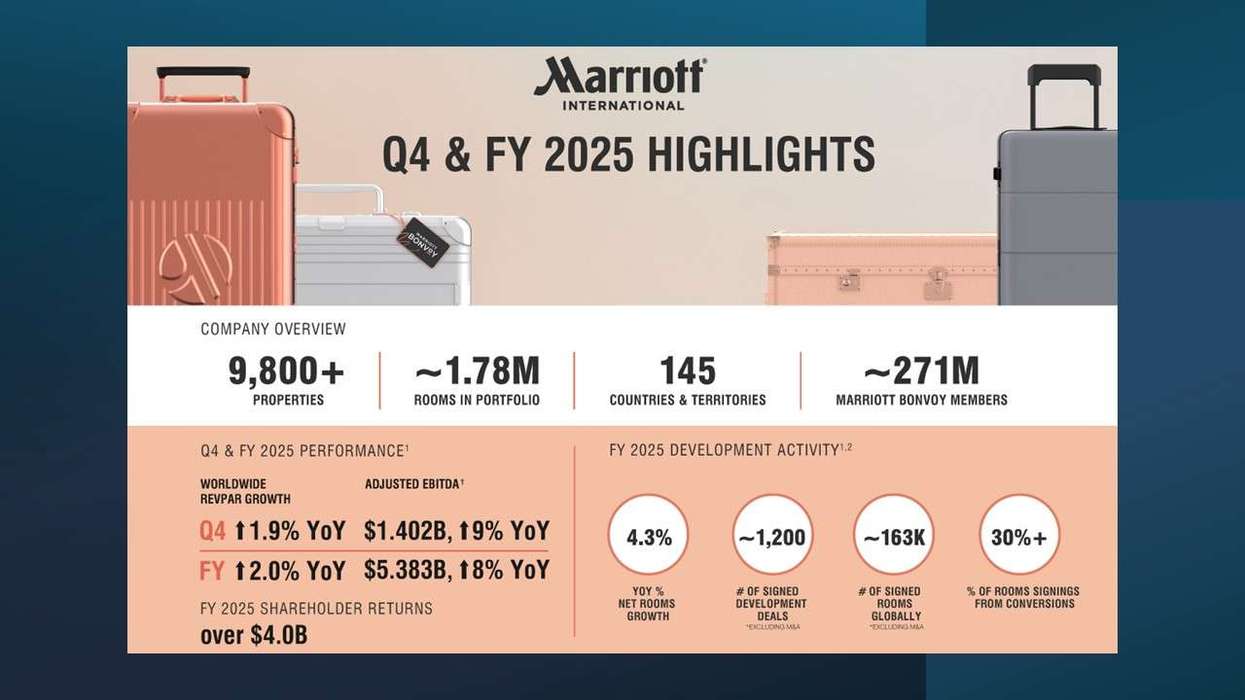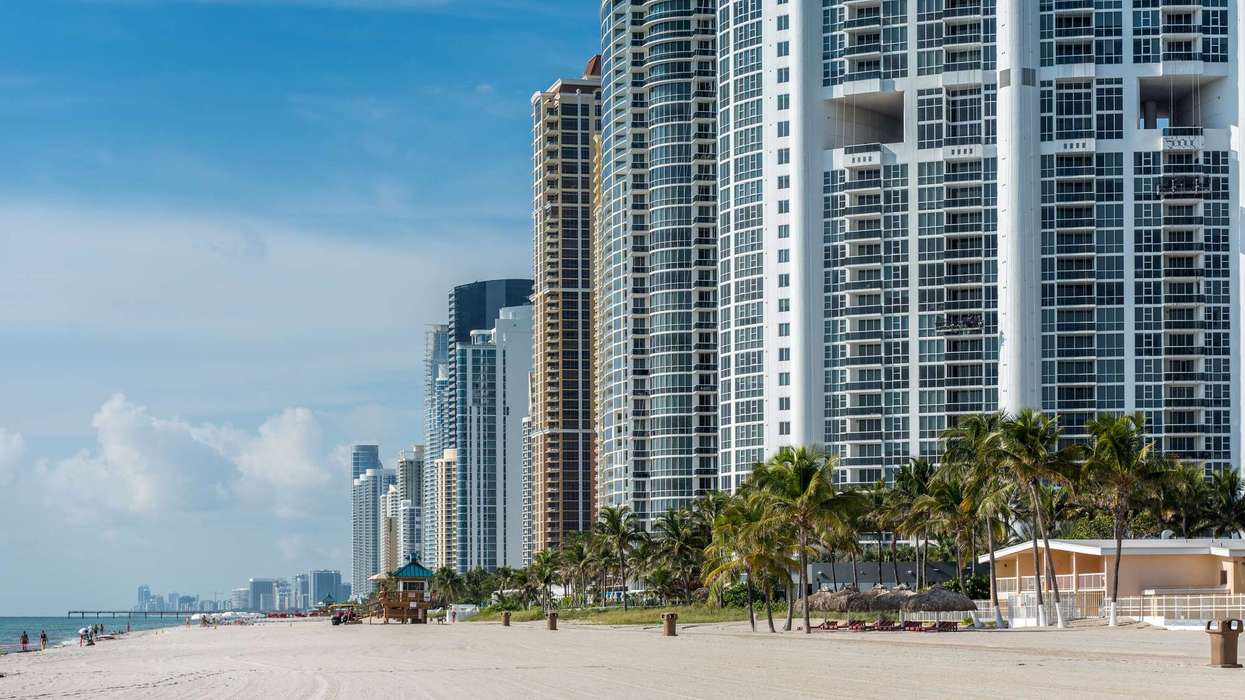Summary:
- The H-2B visa program protects U.S. jobs and wages, according to AHLA citing a study.
- It allows hotels and resorts to meet travelers’ needs while supporting the economy.
- It provides foreign workers for seasonal jobs when domestic workers are unavailable.
THE H-2B VISA program does not harm U.S. jobs or wages but increases pay and supports the labor force, according to an Edgeworth Economics study. Citing that study, the American Hotel & Lodging Association said the program enables hotels and resorts to meet travelers’ needs while supporting the workforce and economy.
The Edgeworth study for the H-2B Workforce Coalition found the program allows businesses to hire foreign workers for seasonal jobs when domestic workers are unavailable. It showed no evidence that increases in H-2B visas reduce U.S. employment or wages. Instead, each H-2B worker supports three to five local jobs and areas with more H-2B workers saw wages grow 1.6 percent faster.
“Areas that hired more H-2B workers under the higher visa cap saw greater job and wage growth among U.S. workers,” said Steve Bronars, partner at Edgeworth Economics, citing findings consistent with an earlier analysis by the U.S. Government Accountability Office.
Ashley McNeil, AHLA’s vice president of federal government affairs and chair of the H-2B Workforce Coalition, said the new analysis underscores the H-2B program’s clear value to local communities.
“The hotel industry, which is still 200,000 workers short compared to pre-pandemic levels, relies on legal guest worker programs to augment our workforce, particularly to address seasonal demands,” McNeil said. “Access to the H-2B visa program has been critical in allowing hotels and resorts of all sizes to meet travelers’ needs, while supporting the local workforce and economy.”
The program has also helped businesses manage peak-season labor shortages, easing the workload for full-time employees. Landscaping accounts for nearly 40 percent of certified H-2B workers. Hotels and motels account for 8.67 percent, support activities for forestry 6.3 percent and seafood processing and packaging 5.65 percent.
“This study reaffirms what our members have long recognized: despite extensive recruitment efforts, there remains a critical shortage of U.S. workers willing or available to fill temporary positions that are currently being filled by H-2B workers,” said Arnulfo Hinojosa, COO of the Federation of Workers and Employers of America and vice chair of the H-2B Workforce Coalition. “H-2B workers allow seasonal businesses to operate at a higher capacity and create more U.S. jobs.”
Meanwhile, President Donald Trump recently signed a proclamation raising the H-1B visa fee to $100,000 annually, a move that could affect Indian professionals in the U.S.






